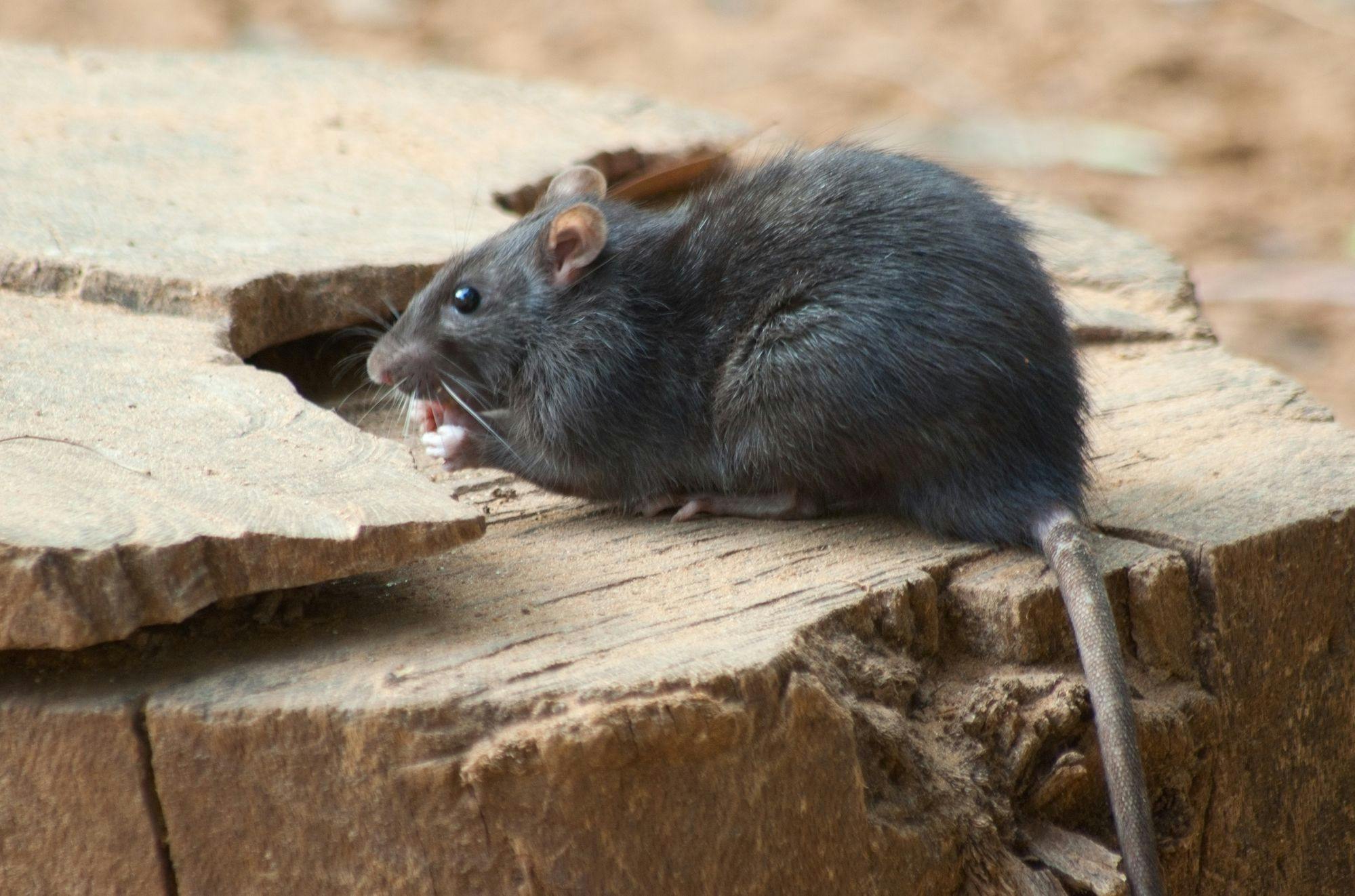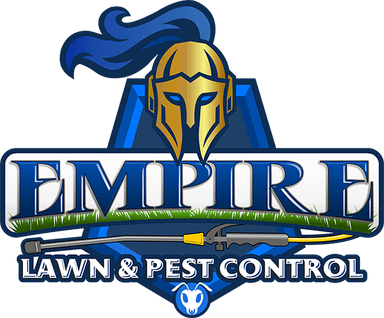The Long Game in Rodent Exclusion
10/13/2023

Overview
Dive into effective rodent management strategies, from ultrasonic repellents to professional inspections, ensuring a rodent-free environment.
In our last exploration of the intricacies of rodent control, we tackled the indispensable strategy of a clean and organized environment as a foundation for rodent prevention. It's easy to believe that once the immediate threat of rodents is dealt with, the problem is over. Today, we delve deeper into the heart of effective rodent management, focusing on the imperative of ongoing vigilance and the long-term strategies necessary for a rodent-free environment.
Ongoing Monitoring Techniques
Automated Traps: These advanced devices are designed to capture rodents without the need for continuous human oversight. They often incorporate sensors to detect rodent presence and can send alerts when a capture is made. Perfect for those hidden areas in a home where regular visual checks might be challenging.
Cameras: Modern pest control techniques now include the use of specialized cameras that can be placed in strategic locations to monitor rodent activity. These are particularly useful for spotting signs of a new infestation before it becomes a full-blown problem.
Other Devices: Devices such as ultrasonic repellents emit high-frequency sound waves inaudible to humans but highly disturbing to rodents. While not a standalone solution, they can be a part of a multi-faceted approach.
Scheduled Maintenance Checks
Routine checks by professionals can make the difference between a short-term fix and a long-term solution. While homeowners can perform checks, professionals are trained to spot early signs that might be easily overlooked.
Importance: Beyond just spotting new infestations, these checks can identify vulnerabilities in your home's defenses, ensuring they're addressed before they become a problem.
Frequency: Ideally, checks should be performed at least seasonally. Different seasons bring different challenges, and what might be a minor issue in winter could become a major one in summer.
Scope: These inspections are comprehensive, examining not just known problem areas, but also potential ones. It's about staying one step ahead of the rodents.
Benefits of Scheduled Maintenance Checks:
- Early detection of new infestations.
- Identification of potential vulnerabilities.
- Seasonal adaptations to rodent behavior.
- Professional expertise ensuring comprehensive coverage.
Homeowner Best Practices
Routine Inspections: At least once a month, take a walk around your property. Look for signs like droppings, gnawed materials, or any new holes and gaps.
Awareness: Always be on the lookout for signs of rodent activity. Often, it's the subtle, easily overlooked signs that give the first warning.
Preventative Measures: Maintain cleanliness, ensure food is stored securely, and promptly seal any minor gaps or holes. Regular yard maintenance can also deter rodents.
Communication: Always communicate with your rodent control service provider. If you see something unusual or are concerned about a potential problem, let them know.
Empire's Maintenance Services
Our trained professionals at Empire Lawn & Pest Control take a proactive approach. Our expertise, backed by advanced technologies, ensures that your home remains rodent-free. Our guarantees and assurances are a testament to our confidence in our services. And our commitment doesn't end with a visit. We believe in ongoing communication and encourage our clients to report any concerns or observations between scheduled visits.
The journey towards a rodent-free life is not a sprint but a marathon. As we've learned today, ongoing vigilance is the cornerstone of long-term rodent exclusion. With a combination of professional services, advanced monitoring techniques, and proactive homeowner practices, it's entirely possible to keep your home free of these pesky intruders. As we transition to our next topic in this series, we'll discuss the importance of ethical rodent exclusion practices, ensuring that while we protect our homes, we also consider the broader ecological and humane implications.
Stay tuned for our next deep dive: Ethical Rodent Exclusion Practices, where we'll discuss the balance between effective rodent control and humane, responsible practices. Looking to refer back? Don't forget to check out our previous piece on the integral role of sanitation in rodent control!
Frequently Asked Questions
FAQ Section:
What are automated traps and how do they work?
- Automated traps are advanced devices that automatically capture rodents without the need for constant human monitoring. They often use sensors to detect rodent presence and send alerts upon a successful capture.
Are ultrasonic repellents harmful to pets or other animals?
- No, ultrasonic repellents are designed to be inaudible and non-harmful to humans and common household pets. However, it's always good practice to monitor pets when introducing any new device to ensure they aren't disturbed.
How often should scheduled maintenance checks be done?
- It's ideal to have them performed at least seasonally. Depending on the area and rodent activity, more frequent checks may be recommended.
Are the cameras used for rodent detection visible or hidden?
- The cameras can be both visible and hidden, depending on the homeowner's preference and where they need to be placed for maximum effectiveness.
What should I do if I find signs of rodent activity between scheduled visits?
- Always communicate with your rodent control service provider if you notice any unusual activity or signs of rodents. They can provide guidance and schedule an earlier visit if necessary.
